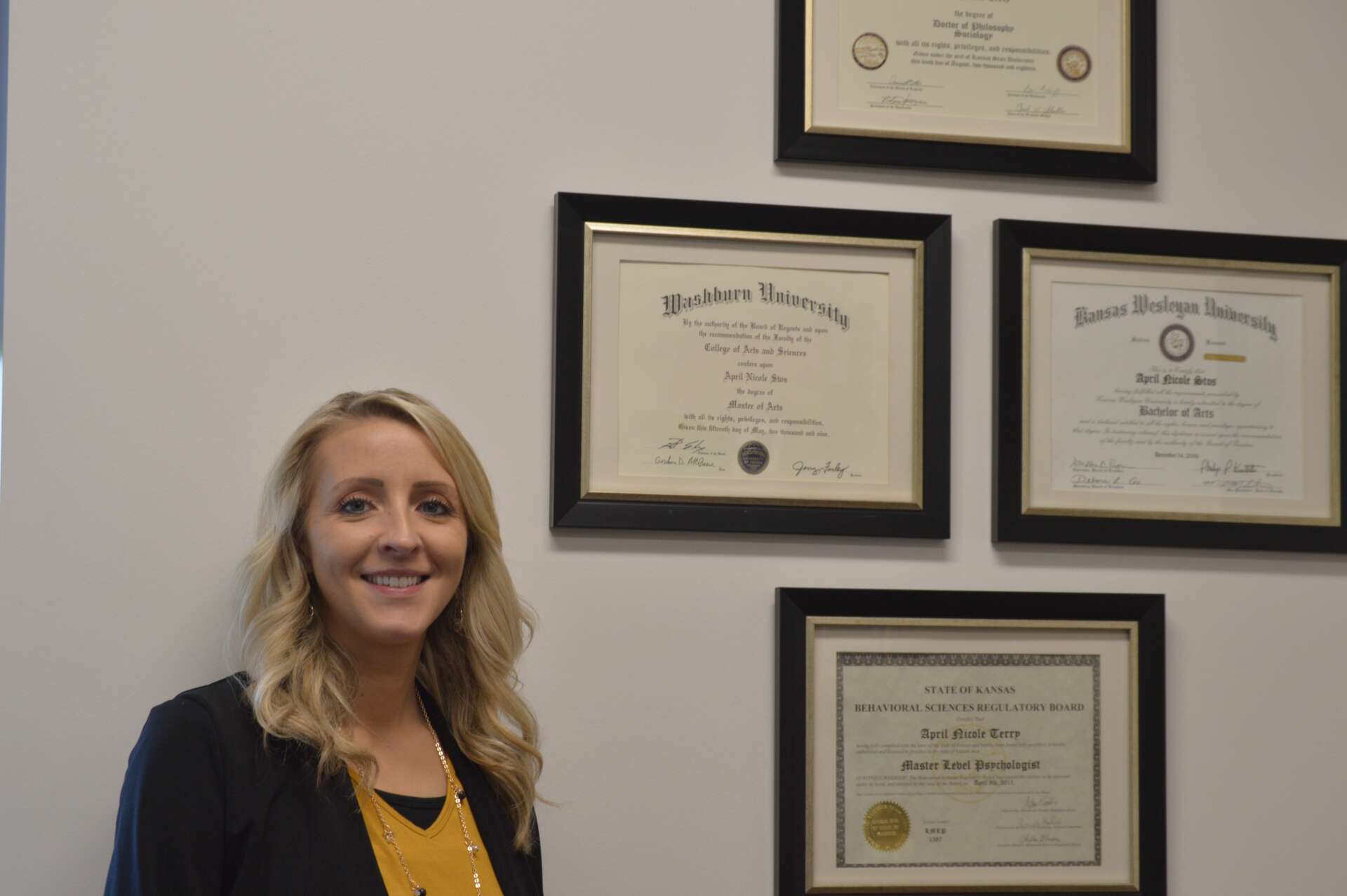We were lucky to catch up with April Terry recently and have shared our conversation below.
April, thanks for taking the time to share your stories with us today Was there an experience or lesson you learned at a previous job that’s benefited your career afterwards?
Prior to working in academia, I worked as a psychologist for my state’s only juvenile correctional facility. Even with the formal education, license, continuing education, and supervision, I was not prepared to understand the complexities of the life of an incarcerated girl. I quickly learned that incarcerated populations are much more than their assigned inmate number or the offense(s) they committed. I realized for incarcerated girls, you had to first address their chronic abuse histories before considering looking at their offense cycle. In most instances, their own victimizations are what led to their delinquency. I have learned to look at someone’s past but not use that past to determine their potential. As someone who now educates future correctional workers, I can now emphasize the importance of recognizing the person as more than an offender, inmate, felon, convict, and so forth—they are people with pasts, and those pasts have negatively shaped their future involvement with crime.

April, before we move on to more of these sorts of questions, can you take some time to bring our readers up to speed on you and what you do?
As a high-school student, I was certain I would major in business marketing and work in retail. After taking a psychology course as an undergraduate student, I knew business was not for me but understanding human behavior was. I double-majored in psychology and criminal justice and pursued a master’s degree in clinical psychology. I immediately began work with the state’s department of corrections as a Licensed Master’s Level Psychologist, working with youth across the state of Kansas as well as those within the state’s only juvenile correctional facility. I worked primarily with youth “convicted” (this is adult language) of sexual offenses as well as the state’s population of incarcerated girls. While this work is by no means unique to me, I later went into academia and pursued by PhD in sociology with a concentration in criminology and gender studies. I now coordinate a prison reading program for incarcerated mothers and grandmothers in our state’s only women’s prison alongside my colleague in teacher education. We began this initiative to help mothers and grandmothers connect to their children/grandchildren as retaining bonds is one of the hardest aspects of “doing time.” We are proud of this work, in helping a population of women who have been shamed, stigmatized, and forgotten, bond with their (grand)children while spending time behind bars.
We often hear about learning lessons – but just as important is unlearning lessons. Have you ever had to unlearn a lesson?
I grew up in a small, conservative community. Rural communities are known for harboring traditional views, especially as it relates to stereotypes. As one example, for the past several years, I have made intentional efforts to avoid labeling individuals as “offenders, addicts, felons, inmates” and the like. Person-first language is important as we are talking about people who have names and identities, and their identities should not reflect a singular negative and stigmatizing label. I have been criticized and questioned for using person-first language and correcting others who do not. We have all been at places in life where we are less informed, and that is okay. But when we learn of a new way to be accepting and advocate for those with no voice, we should use our privilege for positive change.
We’d love to hear a story of resilience from your journey.
For anyone working within the correctional system, we all know how difficult the work can be. Many “nos” come with attempting to work with incarcerated populations as they are a group of individuals who can be coerced and manipulated by “outsiders.” I have had many ideas that I believe would benefit incarcerated populations but those in charge of allowing in an “outside” are not always receptive. After years of follow through, I believe I have created a reputation for myself. A reputation where others know I will follow do what I say I will do; a reputation where I am known for helping others; and a reputation that can be trusted. I believe if you are passionate about an endeavor, perseverance and commitment can get you where you want to be.
Contact Info:


